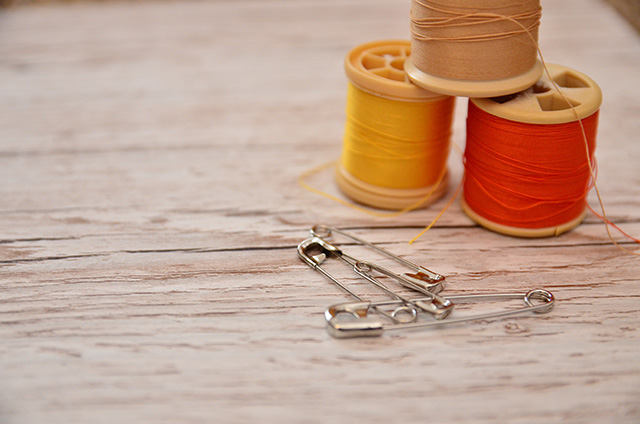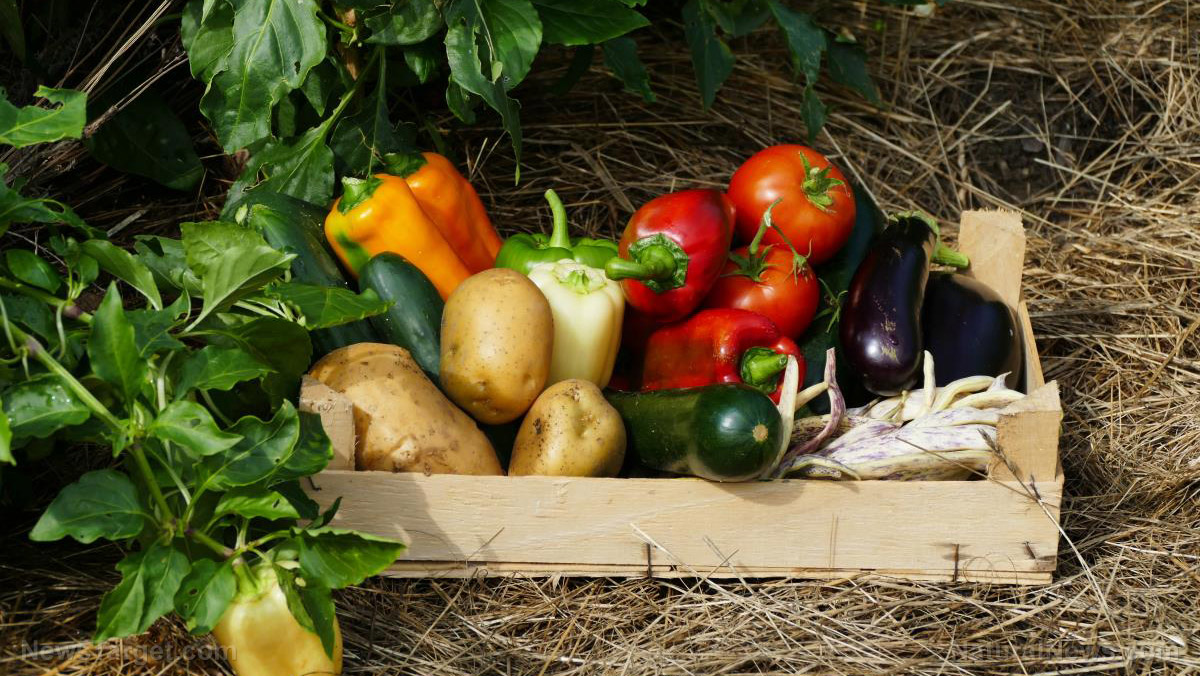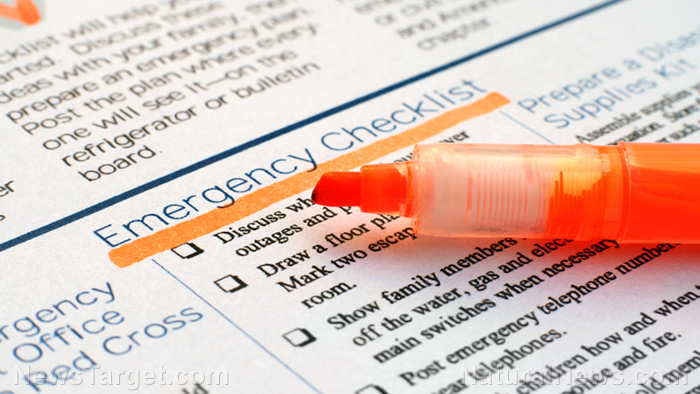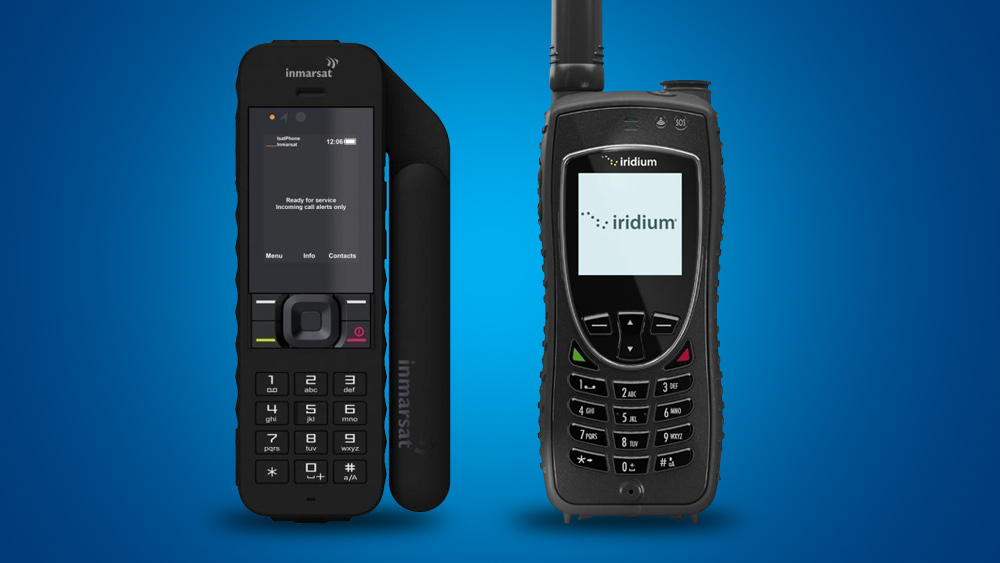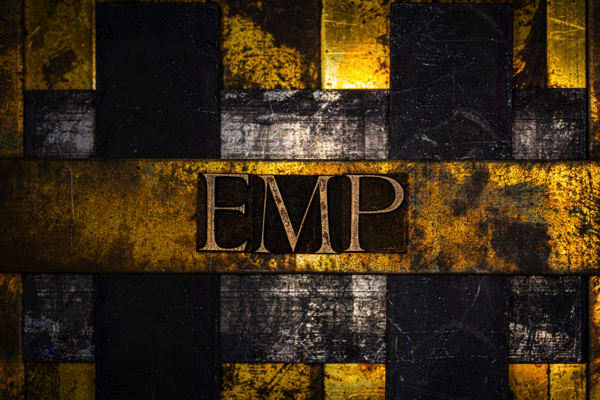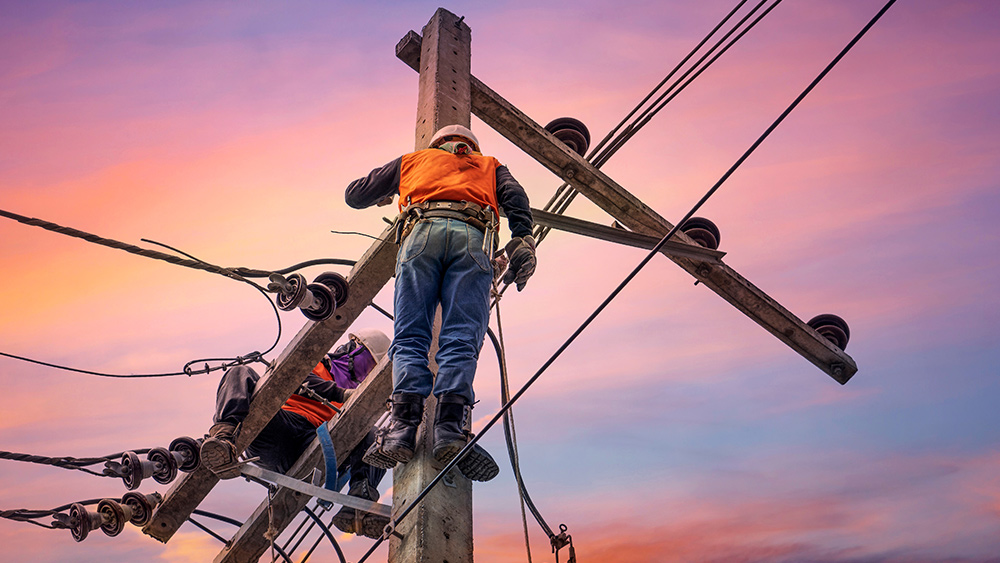 Parler
Parler Gab
Gab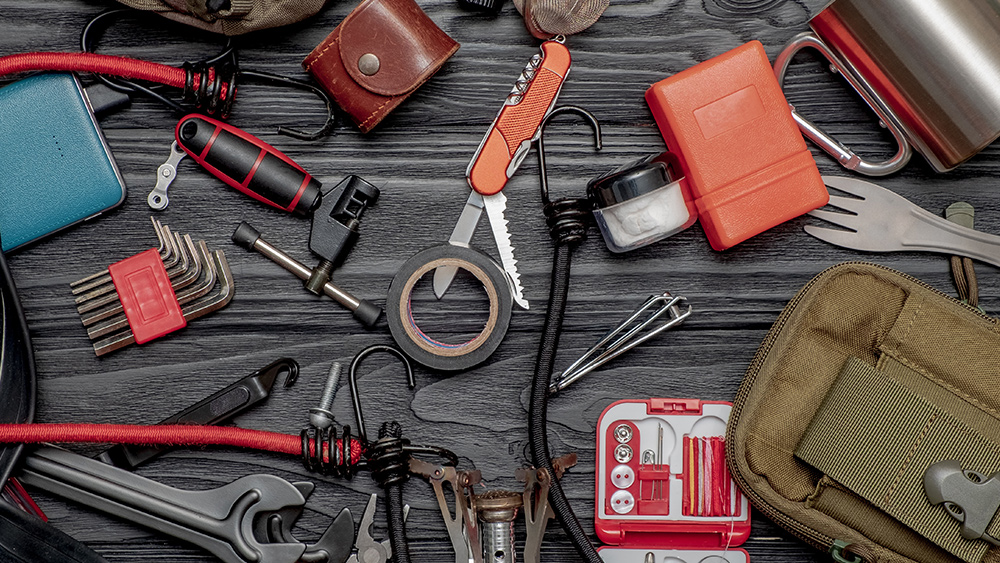
- Mindset Over Materialism – Survival isn’t just about stockpiling gear; the most critical asset is a flexible, adaptable mindset. Over-reliance on tools (e.g., weapons, supplies) creates false security, while problem-solving skills and local knowledge often determine outcomes.
- Avoid All-or-Nothing Thinking – Rigid extremes (e.g., "I’m unprepared without X" or "This is hopeless") sabotage resilience. Balance preparation with adaptability, focusing on incremental progress (e.g., 15-minute tasks) and gratitude to rewire negative thought patterns.
- Learn from Diverse Wisdom – Dismissing "soft" knowledge (e.g., elders’ insights on herbs, community networks) is a fatal flaw. Historical crises show that communal adaptability—not just individual prepping—ensures survival.
- Prepare Without Panic – Methodical, calm readiness trumps perfectionism or fear. A "Survival Mentality" means thinking like a victor: confident in preparation but open to improvisation when plans fail.
The perils of all-or-nothing thinking: How extreme mindsets undermine preparedness
Dr. David Hanscom, a prominent voice in neuroplasticity, emphasizes that the brain can rewire itself from these patterns. "We have a choice each and every day: to stay in old, painful ruts of repeated thoughts or lift ourselves out of that and be who we want to be," he says. Historical crises, from the Great Depression to the COVID-19 pandemic, show that adaptability—not rigidity—determines survival. In an era of increasing uncertainty—from economic instability to climate crises—preparedness has become a priority for many. But experts warn that an all-or-nothing mindset, where individuals see only extremes of success or failure, can be just as dangerous as being unprepared. This “cognitive distortion,” often rooted in perfectionism or fatalism, undermines resilience and decision-making when it matters most. All-or-nothing thinking, a cognitive distortion identified in psychology, frames situations in absolutes: either total success or utter failure. In preparedness circles, this manifests in two dangerous ways. First, an over-reliance on gear creates a false sense of security. As the text notes, the belief that “I’m not prepared if I don’t have X” fuels endless consumption while neglecting critical skills. Second, catastrophizing—viewing every challenge as a hopeless disaster—erodes mental resilience. Many preppers fall into the trap of equating preparedness with material stockpiles. "If I have this firearm, with all that stopping power, then I will be safe," the text illustrates. Yet survival experts like Brian Meyer of SurvivalBased.com argue that "the prepper's mindset is less about what might cause society to collapse and more about thinking ahead." The danger lies in overlooking intangible assets: problem-solving skills, local knowledge, and community ties. For example, dismissing an elder’s wisdom about medicinal herbs or hidden shelters—as highlighted in the text—can mean missing life-saving information. Preparedness isn’t just about what’s in your bug-out bag; it’s about what’s in your mind. Combatting all-or-nothing thinking requires deliberate practice. The text suggests practical steps: conducting honest self-assessments, breaking tasks into manageable increments (like 15-minute actions), and practicing gratitude to reinforce positive neural pathways. "Resiliency is the balm of SHTF," the author notes. Engaging with diverse perspectives—especially those of elders—can also counter overconfidence. "Some people don’t blow their own horns, but they know a sh*tload of stuff," the text observes. This approach mirrors historical lessons from indigenous survival strategies, where communal knowledge often outweighed individual prowess. In a world of escalating risks, preparedness demands more than stockpiles—it requires mental flexibility. All-or-nothing thinking, whether in the form of gear obsession or paralyzing pessimism, undermines the very resilience needed to navigate crises. By recognizing these cognitive traps and cultivating adaptability, individuals can move beyond extremes and build a mindset suited for survival. As the author concludes, "The middle way" isn’t just a philosophy—it’s a lifeline. Tune your apocalypse dial to Preparedness.news for updates on real news about surviving the whatever apocalyptic forces come our way. Sources for this article include: Censored.news NaturalNews.com TheOrganicPrepper.com28 Underrated prepping items that could save your life in an emergency
By Zoey Sky // Share
“Breaking the Chains” on BrightU: Food forests as ultimate weapon against centralized control
By Jacob Thomas // Share
Preparedness 101: Avoiding common prepping pitfalls for survival success
By Zoey Sky // Share
Survival basics: 5 Dangerous locations to avoid during an EMP attack
By Zoey Sky // Share
Governments continue to obscure COVID-19 vaccine data amid rising concerns over excess deaths
By patricklewis // Share
Tech giant Microsoft backs EXTINCTION with its support of carbon capture programs
By ramontomeydw // Share
Germany to resume arms exports to Israel despite repeated ceasefire violations
By isabelle // Share
